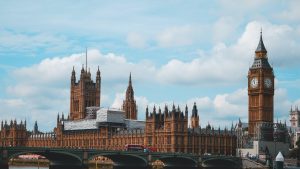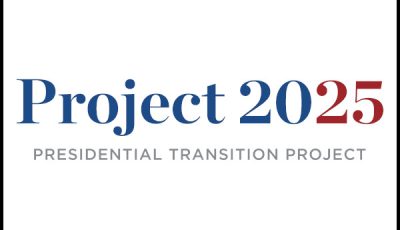UK Online Harms Bill Adds “Cyber-Flashing” to its List of No’s
 The UK’s Online Harms Bill, introduced in April, 2019 by the conservative government, was just reintroduced to parliament, adding more regulations that hold social media sites accountable. The bill, an exhausting 191 pages long, cracks down on a myriad of unsavory problems including terrorist propaganda, bullying and child sexual abuse. Lumped in with this mess, the Harms Bill also goes after pornography sites by tasking them with age verification – an oldie but a goody. In March, they continued the skewering of the adult industry by making “cyber-flashing” – sending out unwanted sexual photos or solicitations – a criminal offense as well.
The UK’s Online Harms Bill, introduced in April, 2019 by the conservative government, was just reintroduced to parliament, adding more regulations that hold social media sites accountable. The bill, an exhausting 191 pages long, cracks down on a myriad of unsavory problems including terrorist propaganda, bullying and child sexual abuse. Lumped in with this mess, the Harms Bill also goes after pornography sites by tasking them with age verification – an oldie but a goody. In March, they continued the skewering of the adult industry by making “cyber-flashing” – sending out unwanted sexual photos or solicitations – a criminal offense as well.
It’s anyone’s guess how platforms, adult or otherwise, will be able to stop cyber-flashing, but if the bill passes, they’ll have to figure it out or face consequences. In addition, the bill further gives Ofcom, the communications regulator in the UK, the power to fine and/or block access to any site that doesn’t comply. Previously they had asked social media sites to self-regulate. As an interesting twist, they also gave people the right to appeal if they think their social media posts were unfairly removed. One wonders how they’ll handle requests from the adult industry which constantly struggles with being shadow banned. Will this new rule to “stop harm” from spreading via social media protect the industry as well? Doubtful.
In defense of the bill, Culture Secretary Nadine Dorries told the BBC: “Tech firms haven’t been held to account when harm, abuse and criminal behavior have run riot on their platform.” Perhaps, but putting it into practice is a whole other ball of wax and will most likely cause government overreach into determining what is harmful, what’s not, and how to handle it. The fact that the bill has taken four years to even get through the legislature and into parliament’s hands shows the amount of controversy that surrounds it.
Jim Killock, executive director of privacy organization, the Open Rights Group, mentioned the delay as proof that this piece of legislature has problems.
“The fact that the bill keeps changing its content after four years of debate should tell everyone that it is a mess, and likely to be a bitter disappointment in practice,” Killock said.
Open Rights has been vocal in saying that the bill threatens freedom of expression along with another committee in parliament, The Digital, Culture, Media and Sports (DCMS). In DCMS’ report they warned that it “neither adequately protects freedom of expression nor is clear and robust enough to tackle the various types of illegal and harmful content on user-to-user and search services.” According to TechCrunch, DCMS also voiced concerns with regards to Ofcom. They asked for the government to “incorporate a balancing test for the regulator” to assess whether platforms have “duly balanced their freedom of expression obligations with their decision making.”
As with most of these bills, which often have their heart in the right place, it looks better on paper than in practice. Hopes of ending misinformation, stopping online scams, tightening the noose on algorithms that market to vulnerable populations and limiting kids to looking at content kids should be looking at ends up promoting censorship and squashing freedom of expression. With any luck, the Harms Bill will continue to meet resistance and will not become law.













